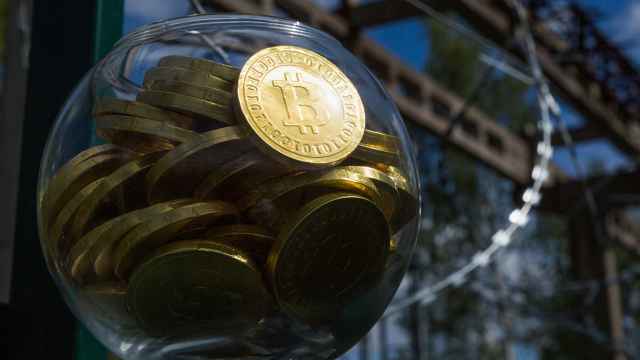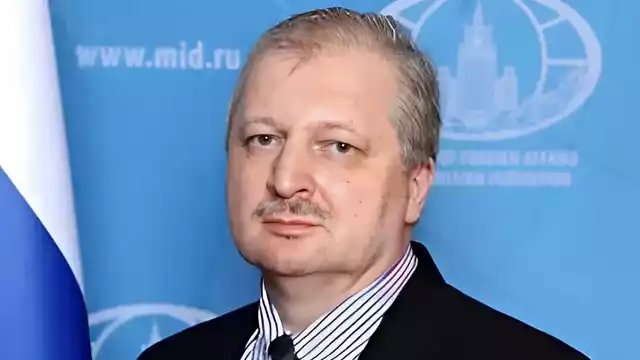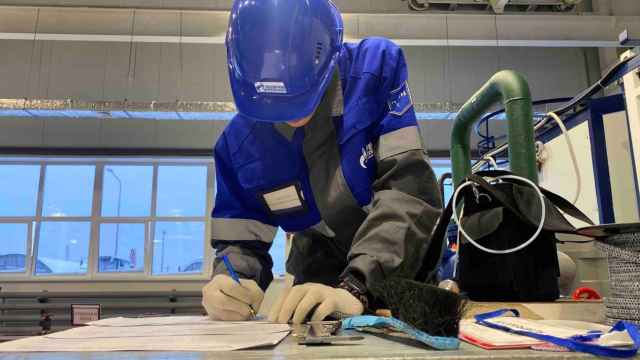Russian state-owned development bank Vneshekonombank, or VEB, has opened a subsidiary in Hong Kong to attract Asian investors into Russia and expand domestic companies' access to Asian capital markets, the lender said Monday.
The subsidiary will promote Russian exports to east and southeast Asia, the bank said in a statement.
Russian companies shut out of western markets as a result of the Ukraine crisis have been scouting the possibility of raising cash via Chinese or Singaporean bonds instead.
Chinese investors are also stepping up to finance Russian projects, including financing part of Novatek's $27 billion Russian gas project, which lost U.S. support because of sanctions.
VEB's opening of the subsidiary comes ahead of a scheduled visit by President Vladimir Putin to China this week.
VEB is a major source of long-term funding for investment projects in strategic sectors and its supervisory board is headed by Prime Minister Dmitry Medvedev.
It lends to industries of strategic importance to Russia, supports infrastructure projects and provides export finance as well as managing government assets and pensions. Projects it has supported include the Sochi Winter Olympics.
VEB has had trouble refinancing a $2.45 billion syndicated loan. It said earlier in April that not all banks were willing to confirm they would participate in the loan due to market conditions and political uncertainty. It said it hoped to attract debt capital in Asia.
VEB holds a 100 percent share in the Russian Direct Investment Fund, which has been trying to attract foreign capital to Russia. The RDIF said Monday that it would sign tourism, infrastructure and mining deals with Chinese partners during Putin's visit to Shanghai, with its investment level close to $1 billion in total.
A Message from The Moscow Times:
Dear readers,
We are facing unprecedented challenges. Russia's Prosecutor General's Office has designated The Moscow Times as an "undesirable" organization, criminalizing our work and putting our staff at risk of prosecution. This follows our earlier unjust labeling as a "foreign agent."
These actions are direct attempts to silence independent journalism in Russia. The authorities claim our work "discredits the decisions of the Russian leadership." We see things differently: we strive to provide accurate, unbiased reporting on Russia.
We, the journalists of The Moscow Times, refuse to be silenced. But to continue our work, we need your help.
Your support, no matter how small, makes a world of difference. If you can, please support us monthly starting from just $2. It's quick to set up, and every contribution makes a significant impact.
By supporting The Moscow Times, you're defending open, independent journalism in the face of repression. Thank you for standing with us.
Remind me later.






